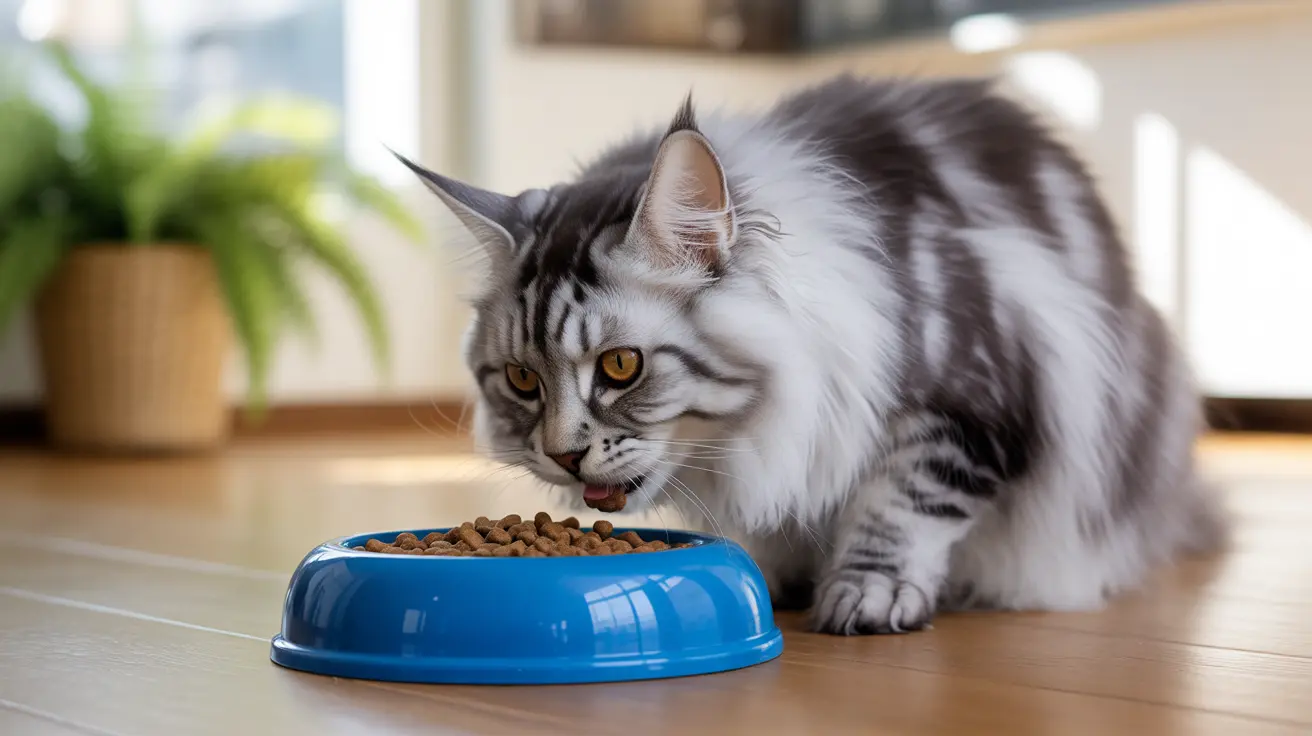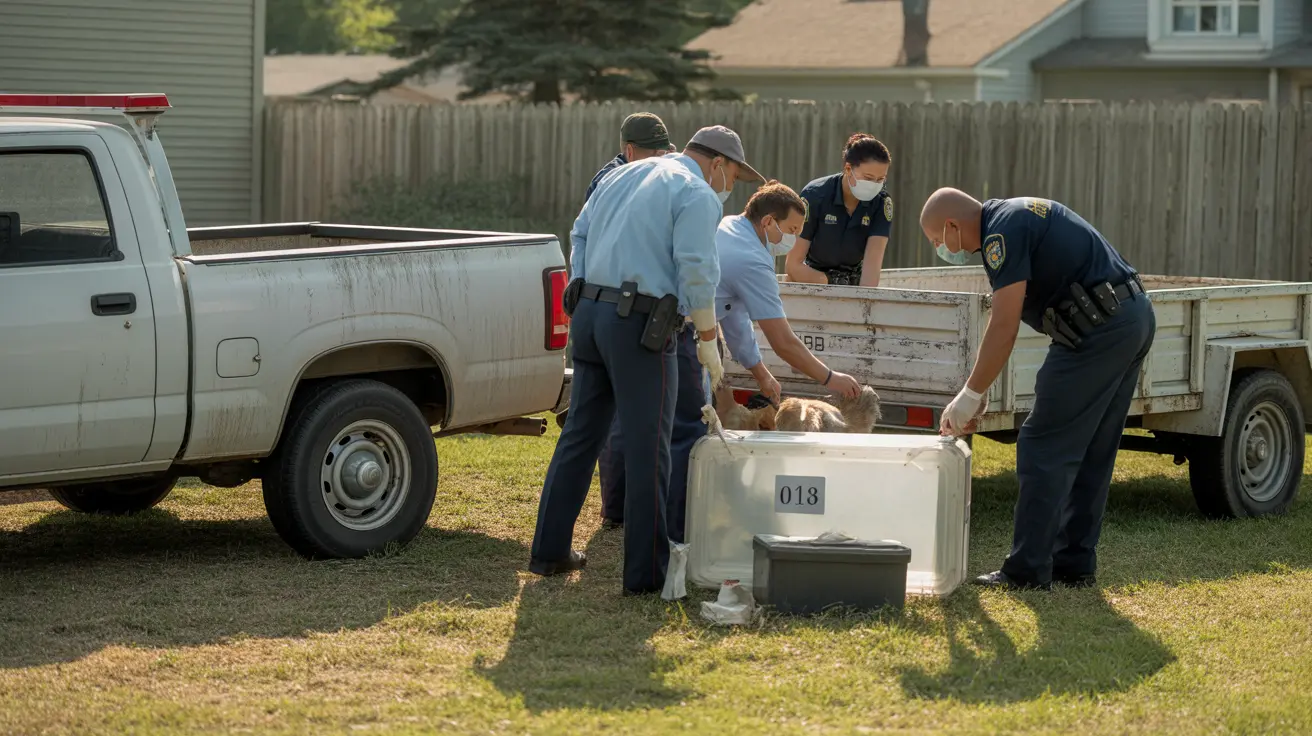If you've noticed your cat throwing up undigested food, you're not alone. This common feline issue can be concerning for pet owners, but understanding its causes and solutions can help you better care for your furry friend. From simple behavioral issues to more serious medical conditions, let's explore why cats vomit undigested food and what you can do about it.
Common Causes of Undigested Food Vomiting
Eating Too Quickly
One of the most common reasons cats throw up undigested food is eating too fast. When cats consume their meals rapidly, they often swallow air along with their food, leading to stomach distension and immediate regurgitation. This is particularly common in multi-cat households where competition for food exists.
Dietary Issues and Food Sensitivities
Some cats develop sensitivities to certain food ingredients, leading to digestive upset and vomiting. Common allergens include chicken, fish, dairy products, and certain grain fillers found in commercial cat foods. A sudden change in diet can also trigger vomiting episodes.
Medical Conditions That Cause Vomiting
Gastrointestinal Problems
Various digestive system issues can cause cats to vomit undigested food, including:
- Inflammatory Bowel Disease (IBD)
- Gastritis
- Intestinal parasites
- Foreign body obstruction
Systemic Diseases
Sometimes, vomiting undigested food can be a sign of more serious conditions such as:
- Hyperthyroidism
- Kidney disease
- Diabetes
- Cancer
Prevention and Management Strategies
Feeding Modifications
Several simple changes to your cat's feeding routine can help prevent vomiting:
- Use slow-feeder bowls or puzzle feeders
- Feed smaller portions more frequently
- Elevate food bowls slightly
- Feed cats separately in multi-cat households
Environmental Considerations
Creating a stress-free eating environment can significantly reduce vomiting episodes. Ensure your cat has a quiet, peaceful place to eat away from other pets and household traffic.
When to See a Veterinarian
While occasional vomiting might not be serious, certain situations warrant immediate veterinary attention:
- Frequent vomiting (more than once per week)
- Vomiting accompanied by lethargy or loss of appetite
- Blood in vomit
- Significant weight loss
- Difficulty keeping water down
Frequently Asked Questions
Why is my cat throwing up undigested food shortly after eating?
This is often due to eating too quickly or regurgitation rather than true vomiting. When cats eat too fast, the food doesn't have time to reach the stomach before being brought back up. Using slow-feeder bowls can help prevent this issue.
What common health problems cause cats to vomit undigested food?
Common health issues include gastrointestinal inflammation, food allergies, IBD, parasites, and systemic diseases like hyperthyroidism or kidney disease. Any persistent vomiting should be evaluated by a veterinarian.
How can I prevent my cat from vomiting due to eating too quickly?
Use specialized slow-feeder bowls, puzzle feeders, or spread food across a large plate. Feed smaller portions more frequently throughout the day, and ensure each cat has their own feeding space in multi-cat households.
When should I take my cat to the vet if it keeps throwing up undigested food?
Seek veterinary care if vomiting occurs more than once per week, is accompanied by other symptoms like lethargy or weight loss, or if your cat can't keep water down. Immediate attention is needed if you notice blood in the vomit or your cat shows signs of distress.
Can food allergies or dietary sensitivities cause my cat to vomit undigested food?
Yes, food allergies and sensitivities are common causes of vomiting in cats. Common allergens include certain proteins, dairy products, and grains. An elimination diet under veterinary supervision can help identify problem ingredients.
Conclusion
While seeing your cat throw up undigested food can be worrying, understanding the potential causes and knowing when to seek veterinary care is crucial. Many cases can be resolved through simple changes in feeding habits or diet, but persistent vomiting should always be evaluated by a professional to ensure your cat's health and well-being.






